Digital Badging and Micro-Credentialing
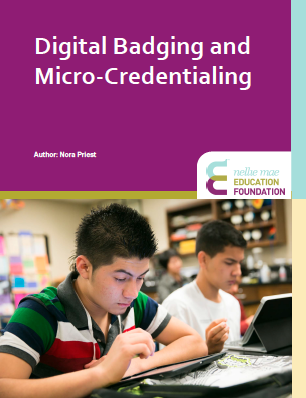
This paper explores what badging really represents for PK-12 educators dedicated to student-centered learning with the help of voices directly involved in badging and micro-credentialing and educators thoughtfully watching it. It reflects on the potential of using badging with students and with educators, as a strategy to transform professional development. The perspectives included in this… Read More ›
Seizing the Moment: Realizing the Promise of Student-Centered Learning
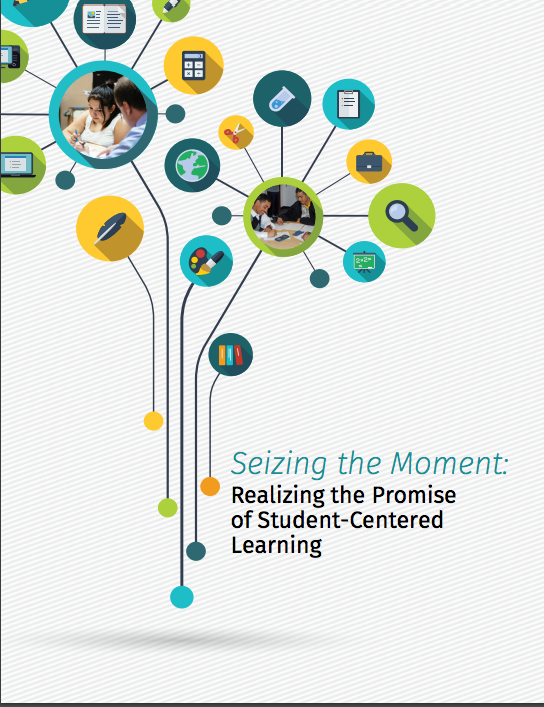
This policy brief presents a series of recommendations for building public will in support of student-centered learning, including policy priorities that can help to expand its practices more broadly at the local, state, and federal level. It incorporates profiles of schools and programs which illustrate the power of student-centered learning in action. A growing body… Read More ›
Redesigning School Accountability and Support: Progress in Pioneering States
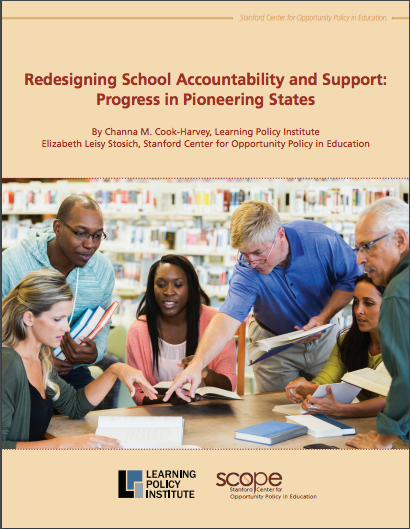
In a report presented by the Learning Policy Institute and the Stanford Center for Opportunity Policy in Education (SCOPE), “Redesigning School Accountability and Support: Progress in Pioneering States” examines the variety of ways these 10 states – including New Hampshire and Vermont – have tackled the challenge of redesigning their accountability systems to create educational… Read More ›
Promising State Policies for Personalized Learning
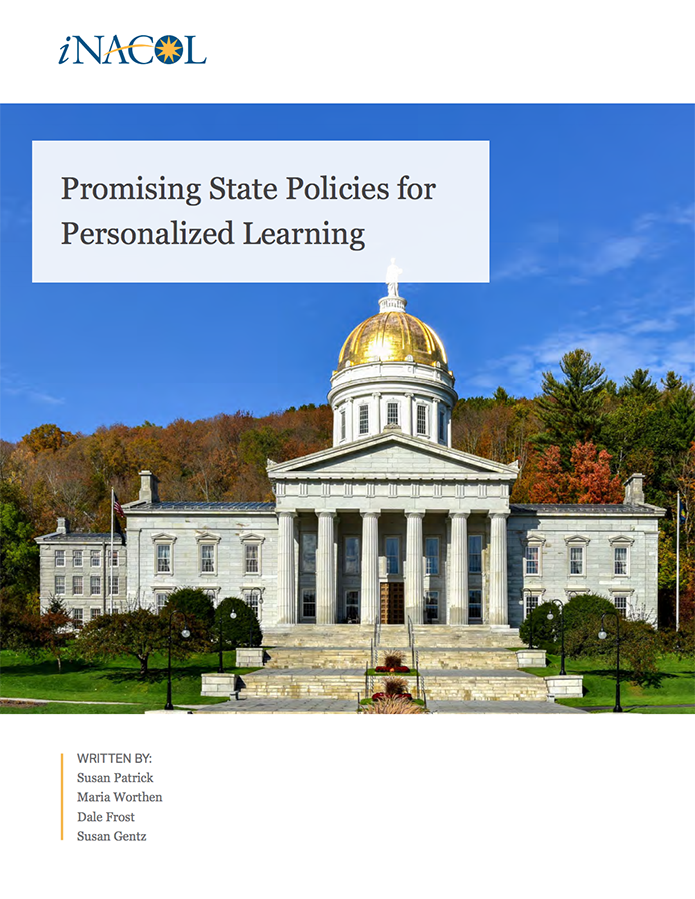
This report from The iNACOL Center for Policy Advocacy provides state policymakers with an overview of the policies that support student-centered personalized learning. As schools and districts look to grow student-centered initiatives, they may encounter policy barriers such as seat-time restrictions, graduation requirements, licensure requirements, funding rules, curriculum policies, and assessment and accountability requirements. The… Read More ›
Student-Centered Learning Opportunities for Adolescent English Learners in Flipped Classrooms
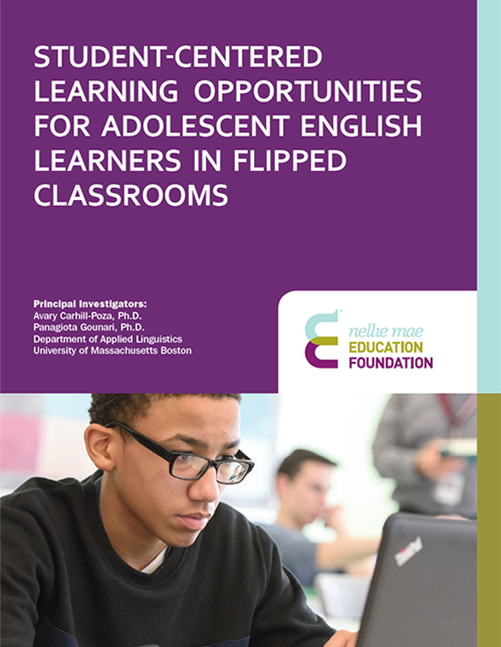
This study from the University of Massachusetts-Boston and the Nellie Mae Education Foundation examines how flipped learning can be utilized to improve the language and content acquisition of adolescent English language learners. As schools look to raise standards and close achievement gaps, they need effective strategies for serving English language learners, the fastest-growing segment of… Read More ›
The College and Career Readiness of U.S. High School Graduates

This report, one of the annual 50-state reports on each state’s adoption of college- and career-ready (CCR) policies as reflected in state standards, graduation requirements, assessments, and accountability systems. Having the right policies is necessary to ensure that students graduate academically prepared for college and careers, but policy alone is insufficient– implementation of policy matters. So… Read More ›
Financing Personalized Learning: What Can We Learn From First-Generation Adopters?

This paper takes the first systematic look at costs associated with implementing personalized learning schools, how leaders of these schools choose to allocate their funds, and what it might take to make personalized learning financially sustainable on public dollars. Researchers at the Center on Reinventing Public Education (CRPE), in partnership with Afton Partners, studied 16… Read More ›
Pittsfield School District Logic Model
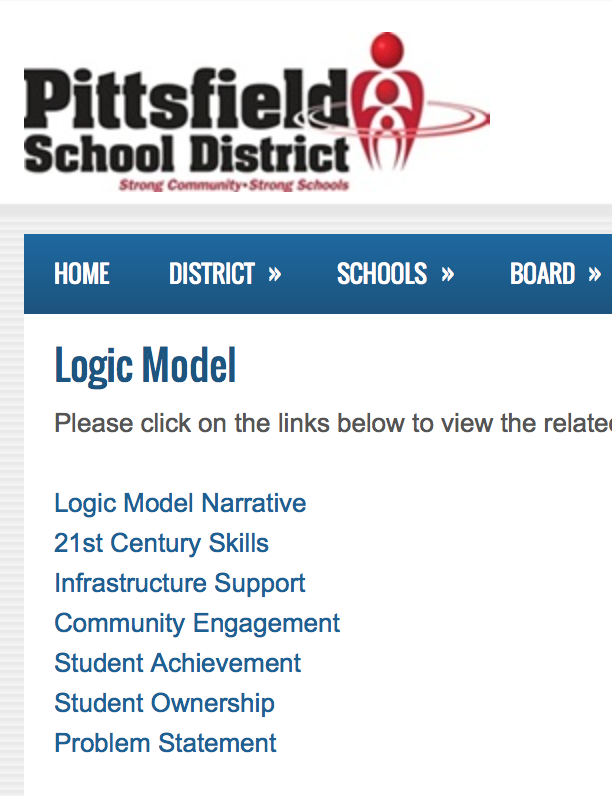
This working document lays out the roadmap for a shift to student centered learning in Pittsfield, New Hampshire. The logic model looks at several areas for improvement: development of 21st century skills such as civic responsibility, study skills, and social-emotional learning; systems and infrastructure support for student centered learning; community involvement; student achievement; and student… Read More ›
How to Make Additional Time Matter: Integrating Individualized Tutorials into an Extended Day
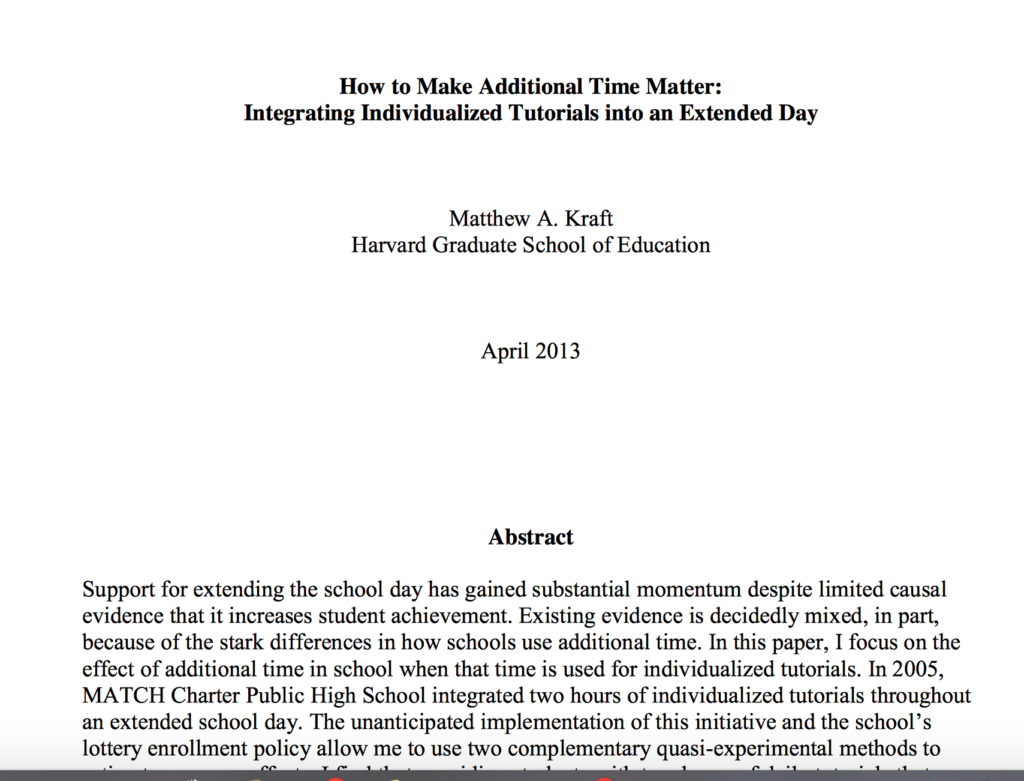
This paper details research conducted at the MATCH Charter Public school in Boston. Education research on the impact of extending the school day is mixed. This study examined the impact of adding additional time to the school day when that time is used for individual tutorials. This study showed that two-hour individualized tutorials taught by… Read More ›
The New Opportunity to Lead: A Vision for Education in Massachusetts in the Next 20 Years
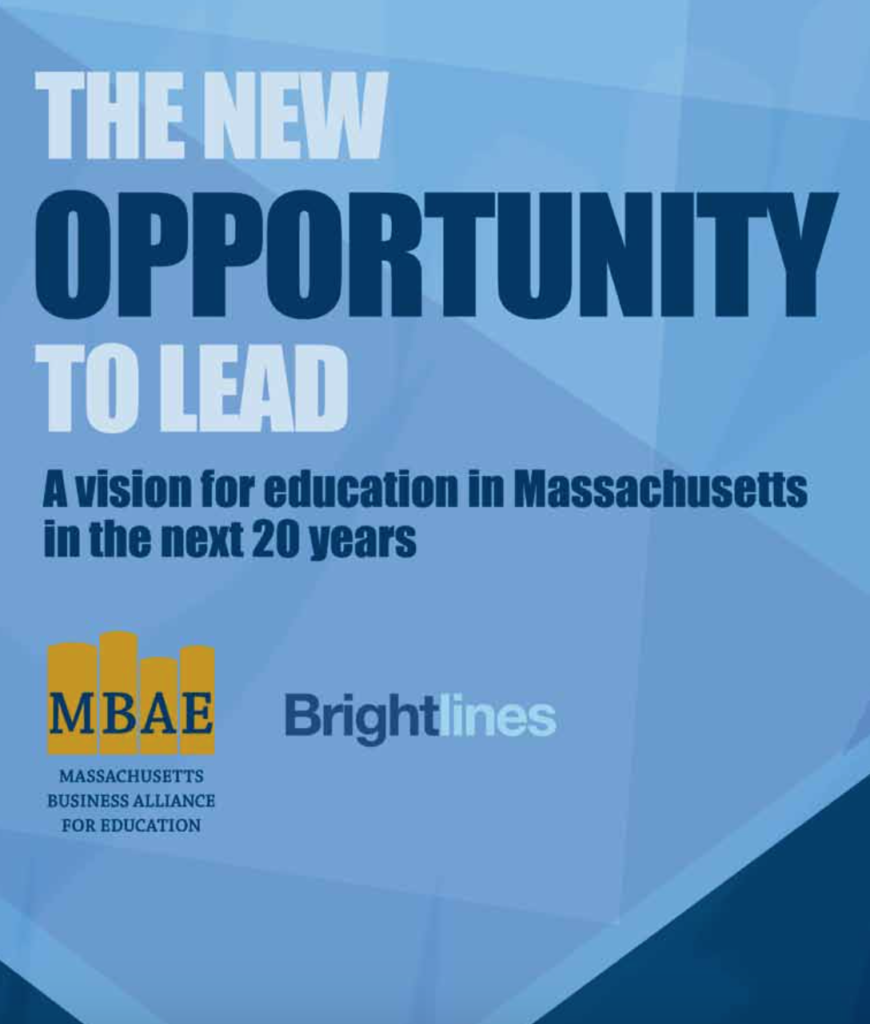
This report, commissioned by the Massachusetts Business Alliance for Education, is a call to revamp the education system in Massachusetts in order to lead the world in preparing students for the demands of the 21st century. The report calls for an approach that focuses less on compliance to state mandates to one that creates conditions… Read More ›
Innovations in Developmental Education Redesign
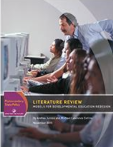
This case study series documents the various approaches that eight Florida colleges have taken in responding to SB 1720. It highlights the decisions and processes colleges consider when implementing developmental education reform at scale, and captures lessons learned throughout the implementation process. The series is based on interviews and site visits Jobs for the Future… Read More ›
Heavy Lifting: The State Capacities Required for Scaled Developmental Education Reform

This brief draws on the experience of four states in Jobs for the Future’s Postsecondary State Policy Network—Connecticut, Florida, North Carolina, and Virginia—that are among a very small number of states engaged in statewide developmental education reform. Developmental education is increasingly a target of reform for state policymakers. Rigorous research has exposed developmental education as a… Read More ›